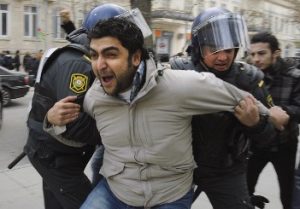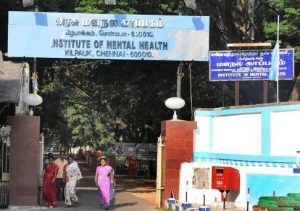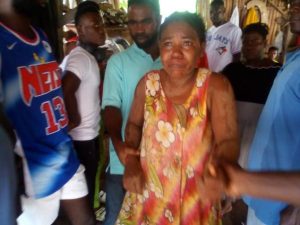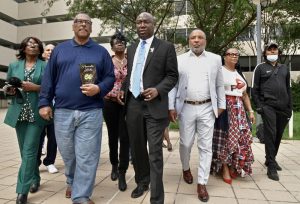By: Ositadinma Nwosu
Impunity Watch News Staff Writer
STRASBOURG, France – Activists against the Azerbaijani Government submitted an application to the European Court of Human Rights (the Chamber) for the determination on whether the applicants’ right to freedom of expression under the provisions of Article 10 of the Convention for the Protection of Human Rights and Fundamental Freedoms (the Convention) was violated by the government. The Chamber found for the applicants.

The opposition activists are members of Nida and Free Youth Organization, civic movements founded in 2011 in Baku, capital of Azerbaijan, whose aim was to defend the constitutional and human rights of Azerbaijanis, preserve democratic values, increase the socio-political activeness of young people, and advocate for the rights of students in Azerbaijan. The organizations have most agitated for political change in the country and the applicants, in particular, were extremely vocal in their opposition against the government of Azerbaijan.
In 2013, with an intention to sensitize the public of their rights, especially as provided for in Chapter 1 of the Azerbaijan Constitution, the applicants distributed leaflets at an underground station in Baku and were arrested and detained by the police.
They were found to be guilty, after their rights to legal representation were denied, and sentenced to fifteen days in prison for pasting and handing out anti-government leaflets and for disobeying a lawful order given by a police officer. The applicants’ appeal to the Baku Court of Appeal was dismissed and the judgment of the lower court was upheld.
Presenting their arguments before the Chamber, the applicants submitted that their right to freedom of expression in Article 10 was violated when they were arrested, detained, and convicted for distributing leaflets which did not contain any expression against the public or the interests of national security. On the other hand, the government argued that the arrest and arraignment of the applicants was due to public disorder and noise caused by the distribution of the leaflets, and not related to their freedom of expression. It is important to note that this argument by the government was neither raised at the domestic courts nor supported by any evidence before the Chamber.
The Chamber found that there was an unlawful interference with the applicants’ right to freedom of expression under Article 10, §2 of the Convention which provides that any interference must be prescribed by law. The Chamber found that the leaflets distributed by the applicants did not contain any speech or ideas prohibited by Azerbaijani domestic law and subsequently, they should not have been charged under it. Therefore, the violation of the right to freedom of expression of the applicants was not justified and it was more of an attempt by the government to silence opposition since the applicants were members of the major opposition organizations.
The Chamber awarded the sum of €5,850 to each applicant as non-pecuniary damage but refused their claim for cost and expenses since they did not support these claims with necessary documents. The Chamber further noted that it had dealt with similar cases involving the government of Azerbaijan and members of the Nida and Free Youth Organization, and the government’s actions in these cases illustrate a pattern.
For further information, please see:
Free Youth Organization – About FYO – accessed on 22 Oct. 2021.
The European Court of Human Rights – Case of HASANOV AND MAJIDLI v. AZERBAIJAN – 7 Oct. 2021.



